《Contemporary Topics》 是培生(Pearson)推出的学术英语系列教材,专为准备进入英语授课大学或需要提升学术英语能力的学习者设计。第四版(4th Edition) 于 2020年代初期 推出,延续了该系列的核心理念,即通过真实学术场景的听力与口语训练,帮助学习者适应大学课堂、学术讲座及学术讨论。教材适用于 CEFR B1(中级)到 C1(高级) 水平的学习者。
教材结构与特点
1. 级别划分
第四版分为 3个级别,逐步提升学术语言能力:
-
Level 1:中级(CEFR B1-B2)
-
Level 2:中高级(CEFR B2-C1)
-
Level 3:高级(CEFR C1)
2. 单元设计
每级别包含 12个主题单元,每个单元围绕一个学术领域或社会议题展开,例如:
-
科技与创新(人工智能、可再生能源)
-
社会科学(全球化、文化认同)
-
自然科学(气候变化、基因编辑)
人文艺术(媒体影响、历史争议)
每单元核心板块:
-
Preview:引入主题词汇与背景知识,激活学习者已有认知。
-
Listening:基于 真实学术讲座录音(大学教授、专家演讲),训练笔记记录、关键信息抓取和推理能力。
-
Speaking:通过小组讨论、辩论和演讲任务,模拟课堂互动与学术表达。
-
Critical Thinking:分析讲座中的论点、证据及逻辑结构,培养批判性思维。
-
Pronunciation & Academic Vocabulary:针对性训练学术英语中的发音难点(如重音、连读)和高频学术词汇。
3. 学术技能培养
-
笔记技巧(Note-taking):提供分步指导,如使用符号、缩写和思维导图。
-
学术讨论策略:如何提问、反驳、支持观点(如“I agree with X, but…”)。
-
演讲与展示(Presentation Skills):从结构设计到肢体语言的详细指导。
第四版新增特色
-
更真实的学术内容
-
新增来自 TED Talks、大学公开课 的讲座片段,增强材料的真实性与时效性。
-
每单元附有 教授访谈视频,分享学科背景知识或研究案例。
-
-
数字化学习工具升级
-
Pearson Practice English App:支持移动端听力练习与词汇复习。
-
在线互动练习:自动批改的听力填空、选择题和口语录音任务(需使用教材附带的访问代码)。
-
教师资源包:含PPT课件、单元测试卷及课堂活动建议。
-
-
多元化主题与社会议题
-
新增单元如 “Ethics in Technology”(科技伦理)、“Mental Health in Academia”(学术界的心理健康),反映当代热点。
-
强调跨学科视角(如环境科学与经济学的交叉分析)。
-
-
学术写作衔接
-
新增 “From Listening to Writing” 板块,引导学习者将听力内容转化为摘要(summary)或批判性回应(critical response)。
-
配套资源
-
学生用书(Student Book):含音频脚本、词汇表和在线资源访问码。
-
教师用书(Teacher’s Manual):详细教案、答案及扩展活动。
-
音频与视频资源:可通过 Pearson 官网或 App 下载。
-
在线练习平台(MyEnglishLab):提供个性化学习路径与进度追踪。
适用场景
-
大学预科课程(Pre-sessional Programs):帮助国际学生适应英语授课环境。
-
学术英语强化班(EAP Courses):提升听力、口语及批判性思维能力。
-
自学备考:适合准备托福(TOEFL)、雅思(IELTS)学术类考试的学习者。
优势与评价
-
真实性强:直接选用大学讲座材料,减少课堂与现实的差距。
-
技能整合:将听力输入与口语/写作输出紧密结合,符合学术英语需求。
-
文化包容性:涵盖多元文化视角(如非西方学者的研究成果)。
局限性
-
难度梯度较大:高级别(Level 3)可能对非专业学习者挑战较高。
-
口语练习依赖课堂互动:自学时需额外寻找语言伙伴或教师反馈。
Contemporary Topics 4th Edition is an academic English series published by Pearson, designed for learners preparing for English-medium university education or seeking to enhance their academic language skills. Released in the early 2020s, the fourth edition retains the series’ core focus on developing listening and speaking proficiency through authentic academic scenarios. It targets learners at CEFR levels B1 (Intermediate) to C1 (Advanced).
Structure and Key Features
1. Level Progression
The 4th Edition is divided into 3 levels, each building academic skills incrementally:
-
Level 1: Intermediate (CEFR B1-B2)
-
Level 2: Upper-Intermediate (CEFR B2-C1)
-
Level 3: Advanced (CEFR C1)
2. Unit Design
Each level contains 12 thematic units centered on interdisciplinary academic or societal topics, such as:
-
Technology & Innovation (AI, renewable energy)
-
Social Sciences (globalization, cultural identity)
-
Natural Sciences (climate change, genetic engineering)
-
Humanities & Arts (media influence, historical debates)
Core Unit Components:
-
Preview: Activates prior knowledge and introduces topic-specific vocabulary.
-
Listening: Features authentic academic lectures (e.g., university professors, TED Talks) to hone note-taking, inference, and main idea extraction.
-
Speaking: Simulates classroom interactions through group discussions, debates, and presentations.
-
Critical Thinking: Analyzes arguments, evidence, and logical structures in lectures.
-
Pronunciation & Academic Vocabulary: Targets challenges like word stress, linking, and discipline-specific terminology.
3. Academic Skill Development
-
Note-Taking Strategies: Teaches shorthand symbols, abbreviations, and mind-mapping.
-
Discussion Skills: Guides learners in questioning, rebutting, and supporting viewpoints (e.g., “I concur with X, yet…”).
-
Presentation Skills: Covers structure, visual aids, and body language.
New Features in the 4th Edition
-
Enhanced Authenticity
-
Updated lectures from TED Talks, university open courses, and expert interviews.
-
Professor Insight Videos: Supplementary interviews explaining key concepts or case studies.
-
-
Digital Tools
-
Pearson Practice English App: Mobile-friendly listening exercises and vocabulary review.
-
Online Interactive Exercises: Auto-graded tasks (e.g., gap-fill, multiple-choice) and speech recording activities (requires access code).
-
Teacher Resources: PowerPoint slides, unit tests, and classroom activity guides.
-
-
Contemporary Themes
-
New units like “Ethics in Technology” and “Mental Health in Academia” address current global issues.
-
Emphasizes cross-disciplinary analysis (e.g., environmental science vs. economics).
-
-
Writing Integration
-
“From Listening to Writing” section bridges listening input to writing output (e.g., summaries, critical responses).
-
Supplementary Materials
-
Student Book: Includes audio scripts, glossary, and online access codes.
-
Teacher’s Manual: Detailed lesson plans, answer keys, and extension activities.
-
Audio/Video Resources: Downloadable via Pearson’s website or app.
-
MyEnglishLab Platform: Offers personalized learning paths and progress tracking.
Target Audiences
-
University Pathway Programs: Prepares international students for English-taught courses.
-
EAP (English for Academic Purposes) Courses: Develops listening, speaking, and critical thinking.
-
Self-Study for Exams: Aligns with TOEFL iBT® and IELTS Academic test preparation.
Strengths
-
Real-World Relevance: Uses genuine academic content to bridge classroom and university settings.
-
Integrated Skills: Combines listening, speaking, and writing for holistic academic readiness.
-
Cultural Diversity: Incorporates global perspectives and non-Western research examples.
Limitations
-
Steep Learning Curve: Level 3 may challenge non-specialist learners.
-
Classroom Dependency: Self-learners may need external support for speaking practice.

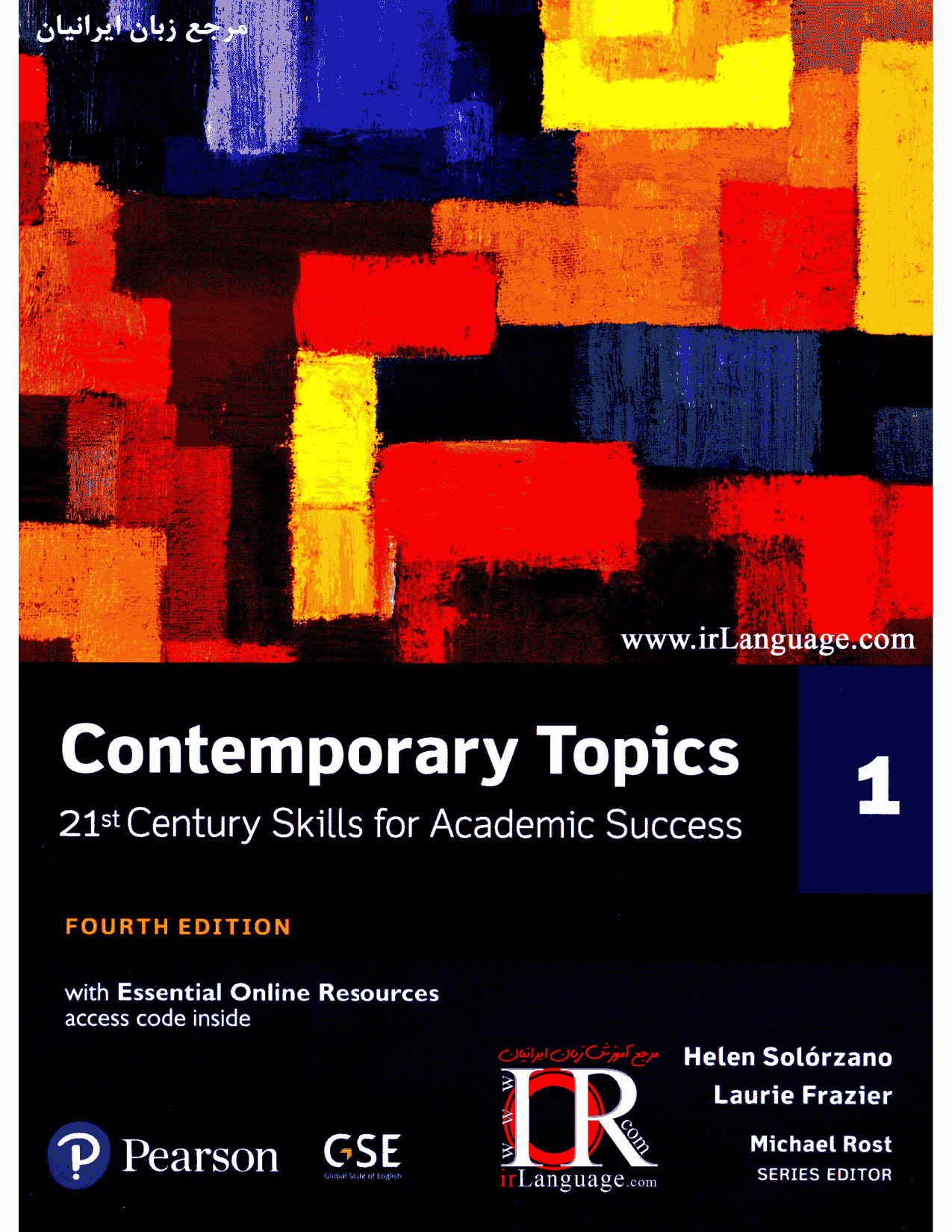
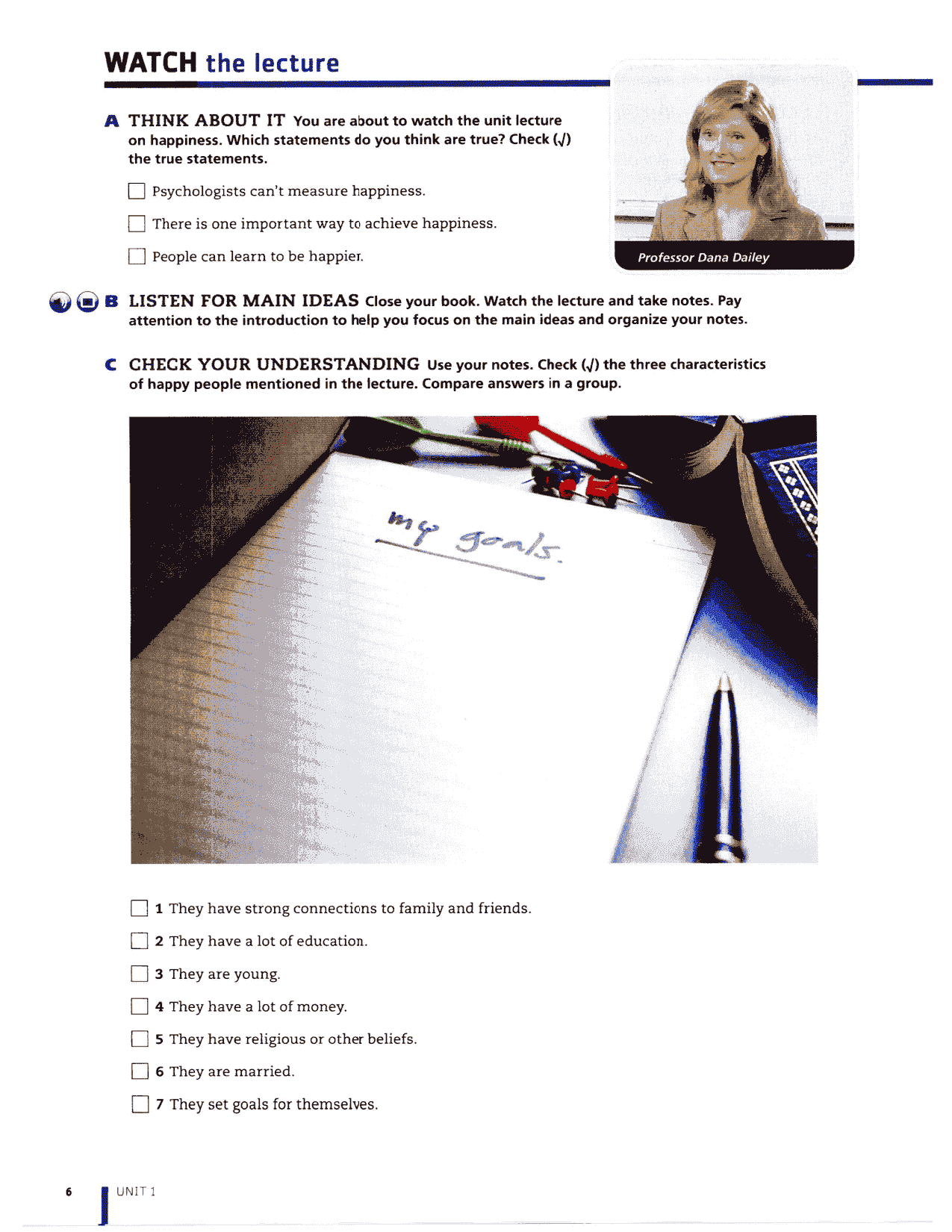

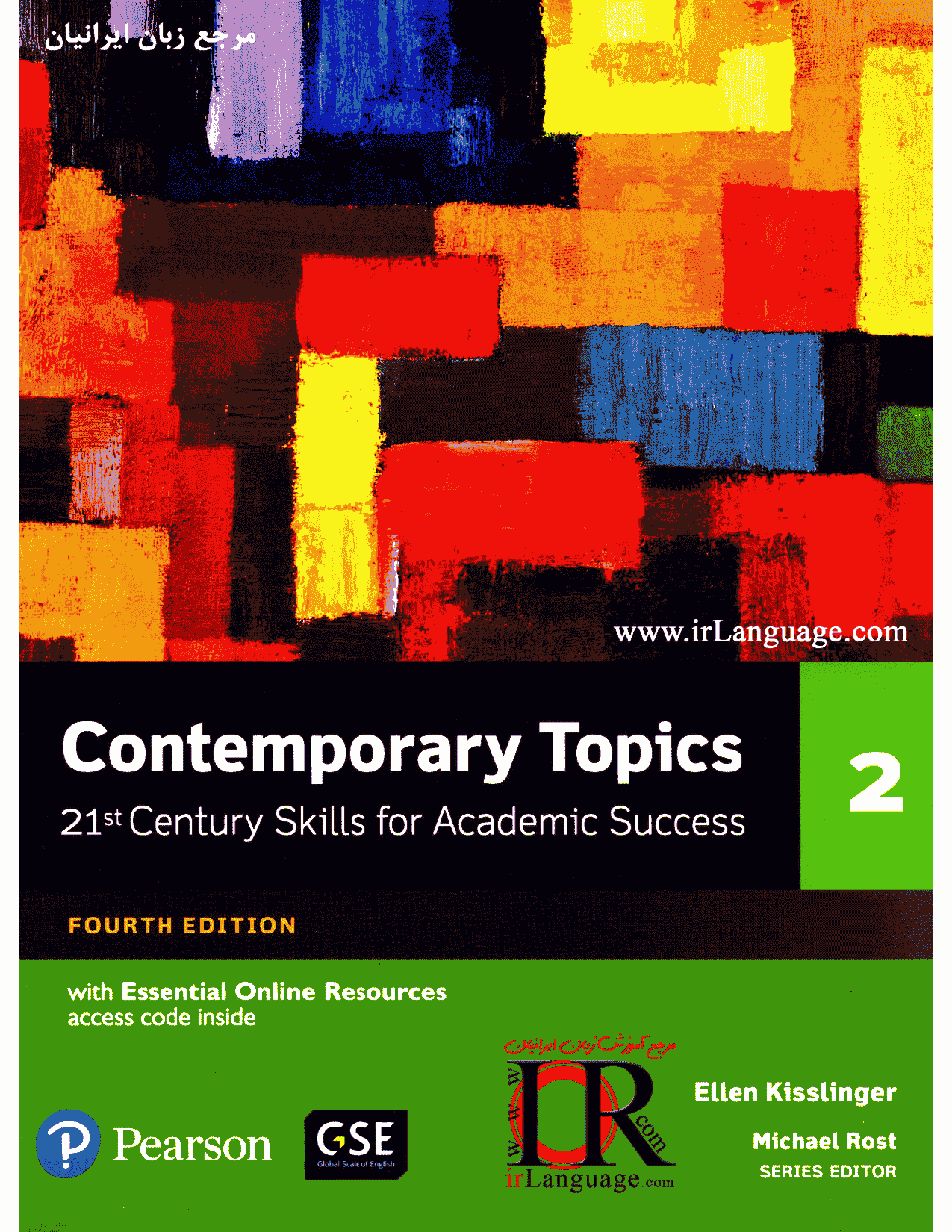
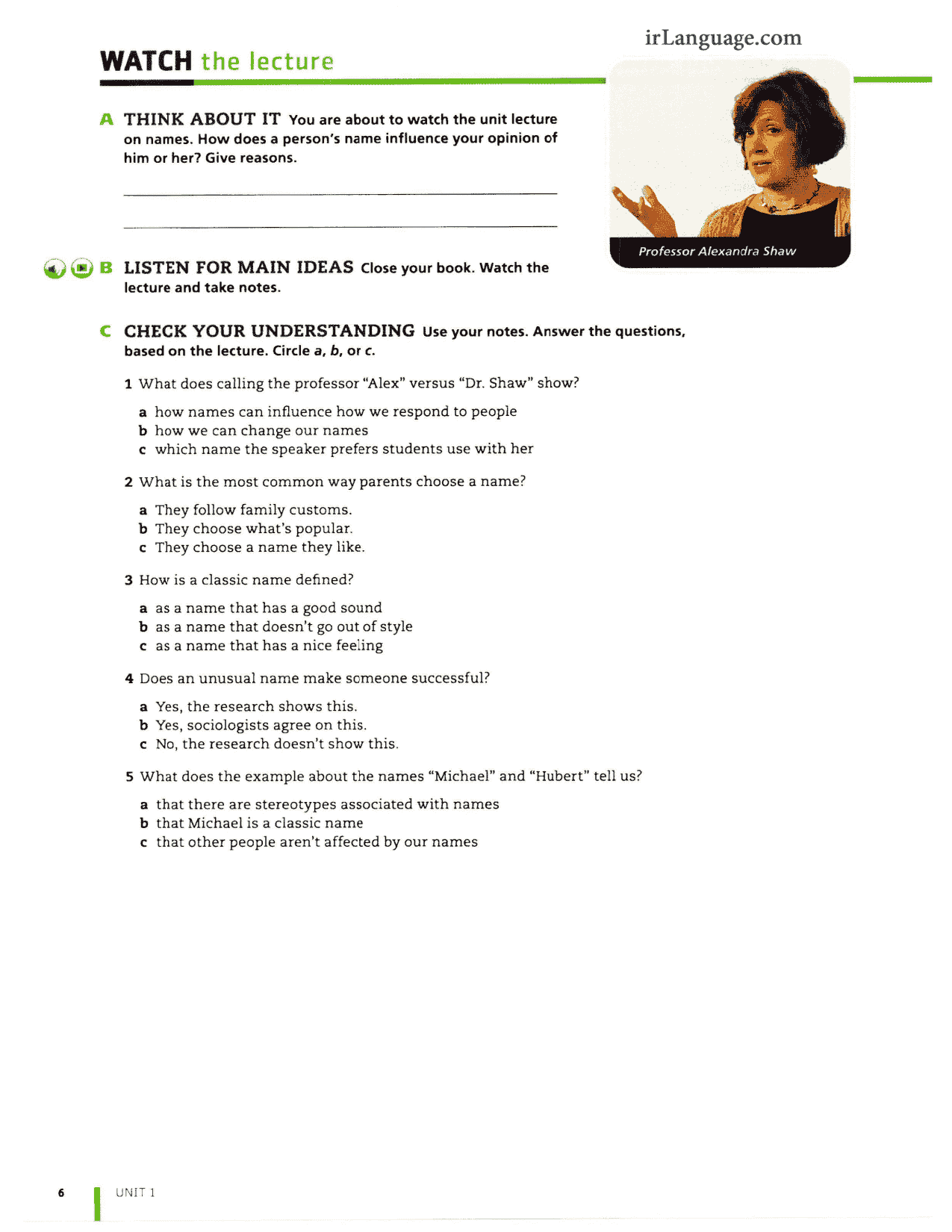
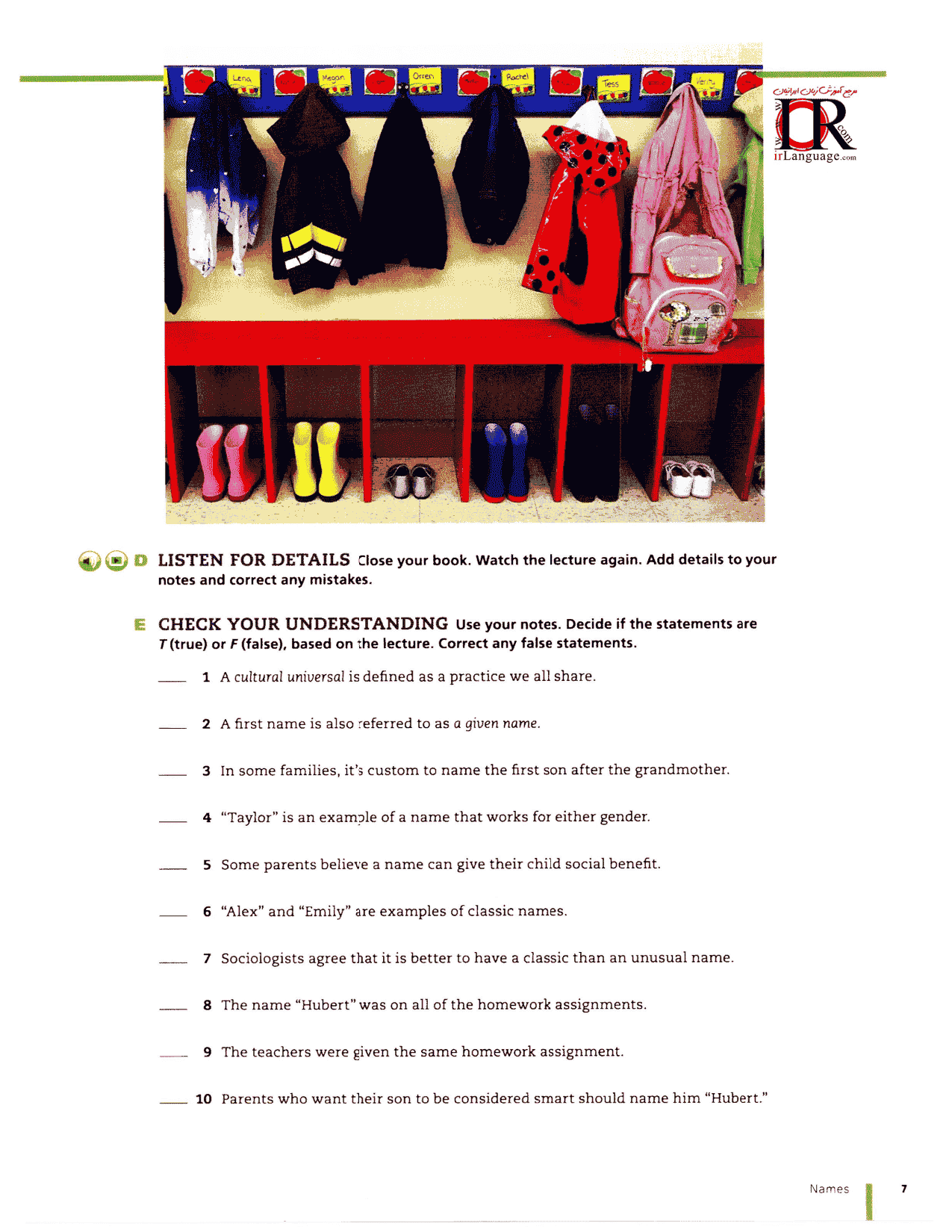
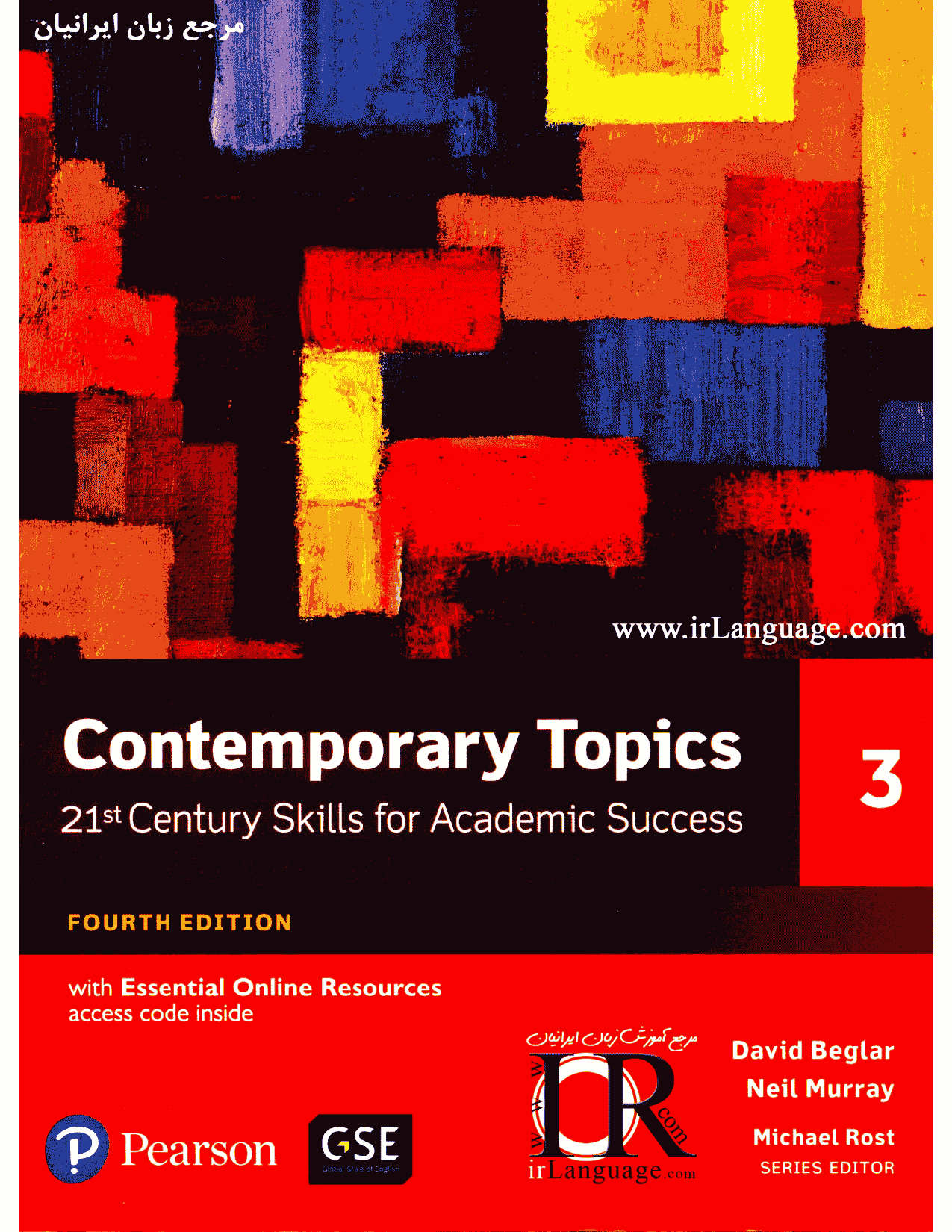
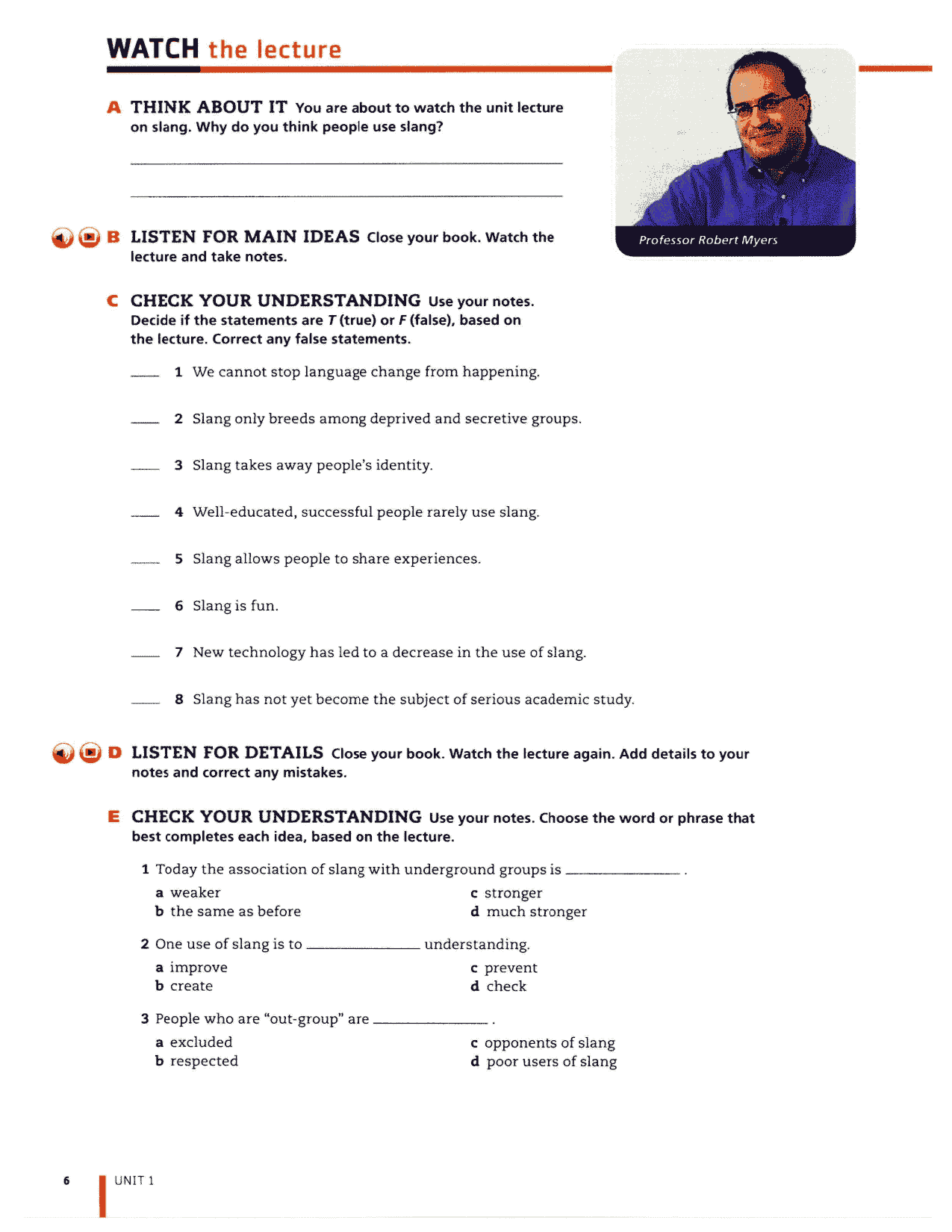
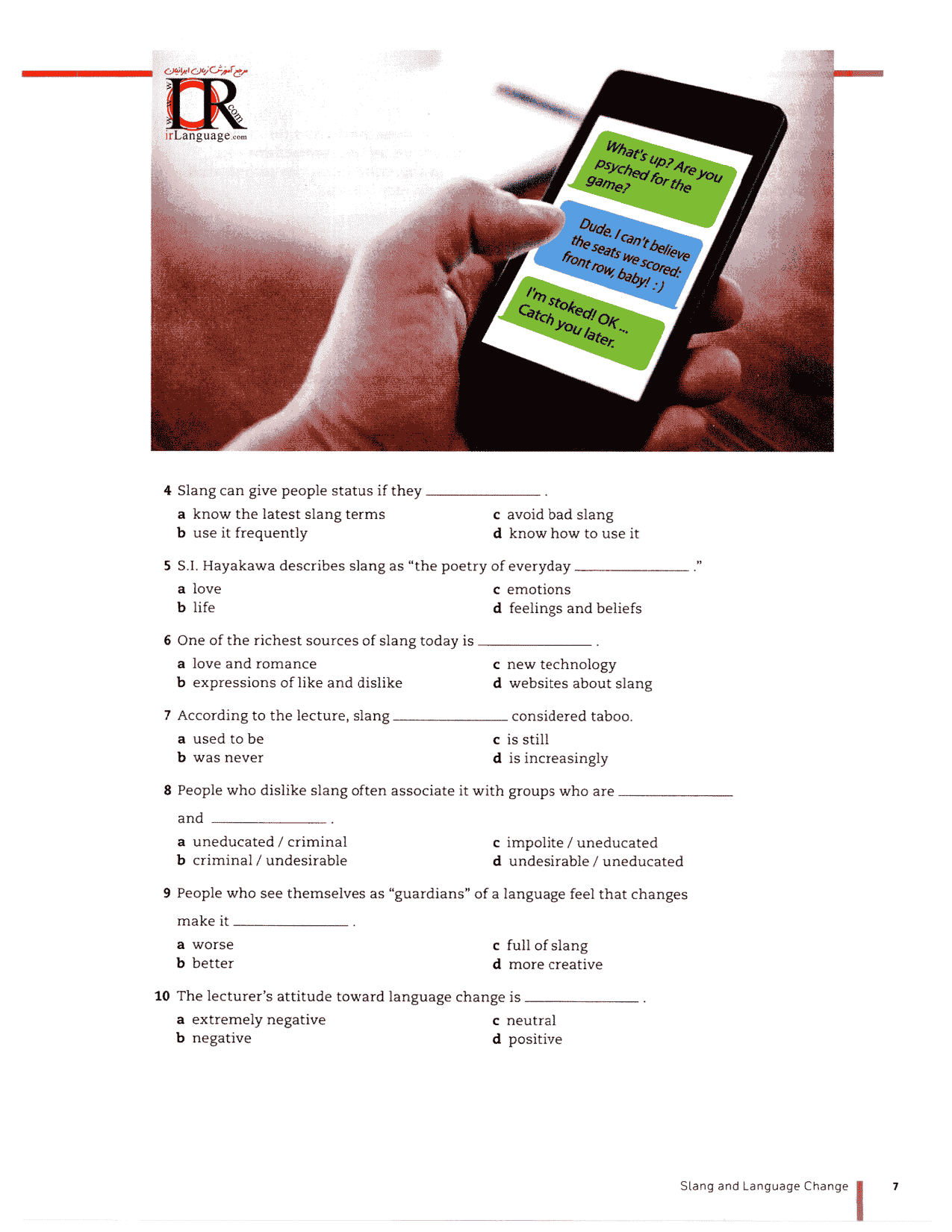
评论(0)